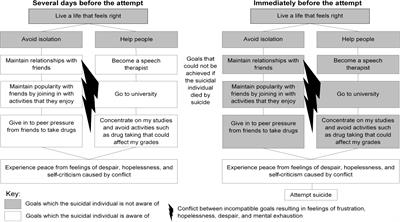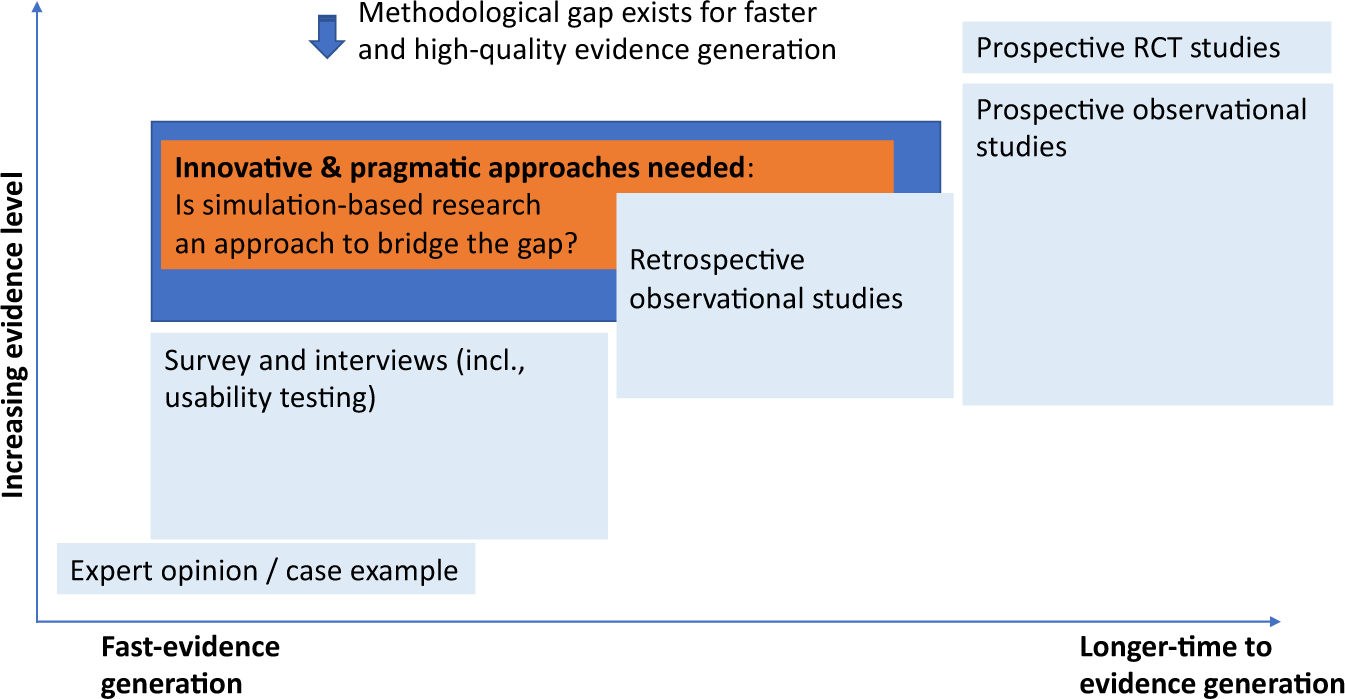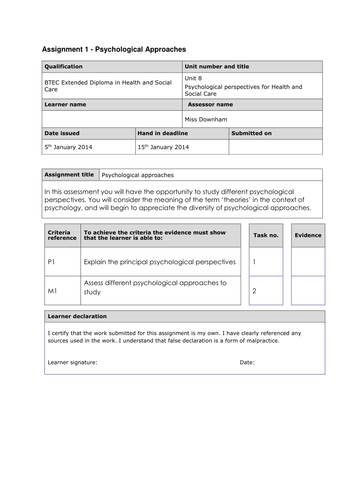There are several principal psychological perspectives that have emerged over the years, each with its own unique approach to understanding and explaining human behavior and mental processes. These perspectives include biological, cognitive, behavioral, evolutionary, and humanistic psychology.
The biological perspective is concerned with understanding how the brain and other physiological processes influence behavior and mental processes. This perspective suggests that all behaviors and mental processes can be explained by the underlying biological and neural processes that occur in the body. Researchers in this field may study the effects of hormones, genetics, and brain structure on behavior.
The cognitive perspective is focused on understanding how people process, store, and retrieve information. This perspective suggests that mental processes, such as perception, attention, memory, and language, play a key role in shaping behavior. Researchers in this field may study how people learn and make decisions, as well as the mental processes involved in problem-solving and memory.
The behavioral perspective is concerned with understanding how environmental factors shape behavior. This perspective suggests that all behaviors are learned through reinforcement or punishment, and that people will repeat behaviors that are reinforced and avoid behaviors that are punished. Researchers in this field may study how people learn new behaviors and the role of reinforcement and punishment in shaping behavior.
The evolutionary perspective is concerned with understanding how natural selection has shaped human behavior and mental processes. This perspective suggests that behaviors that are adaptive and help individuals survive and reproduce will be passed down through the generations. Researchers in this field may study the evolutionary origins of behaviors such as aggression, attraction, and cooperation.
Finally, the humanistic perspective is focused on understanding the unique experiences and subjective perspectives of individuals. This perspective suggests that people have an inherent drive to grow and fulfill their potential, and that personal growth and self-actualization are important goals in life. Researchers in this field may study how people's experiences and subjective perspectives shape their behaviors and mental processes.
In conclusion, the principal psychological perspectives provide different approaches to understanding and explaining human behavior and mental processes. Each perspective offers valuable insights and has contributed to our understanding of the complex and multifaceted nature of human psychology.
:max_bytes(150000):strip_icc()/perspectives-in-modern-psychology-2795595_final-0475bc3c640147b9a10f22c8a9098bae.png)






